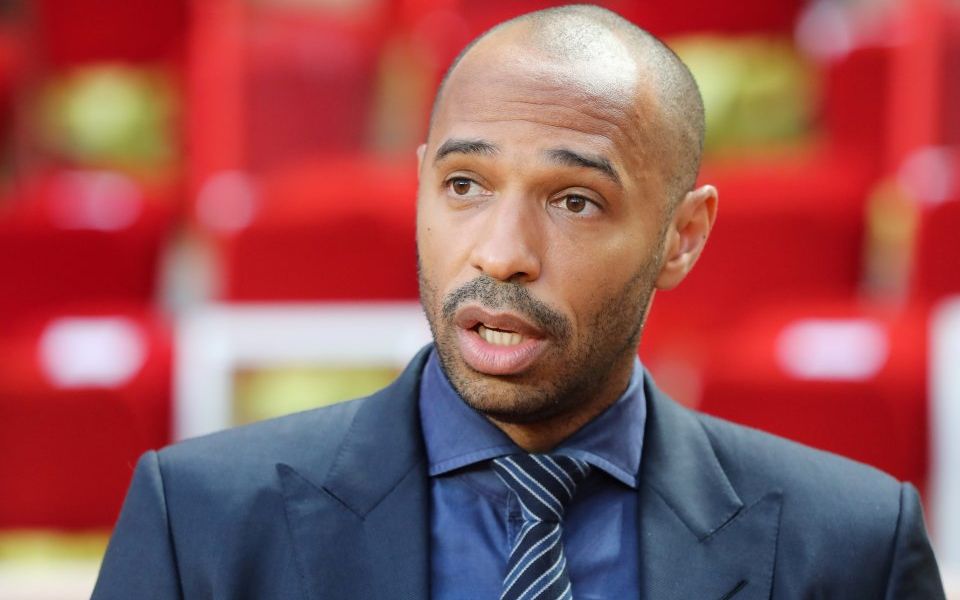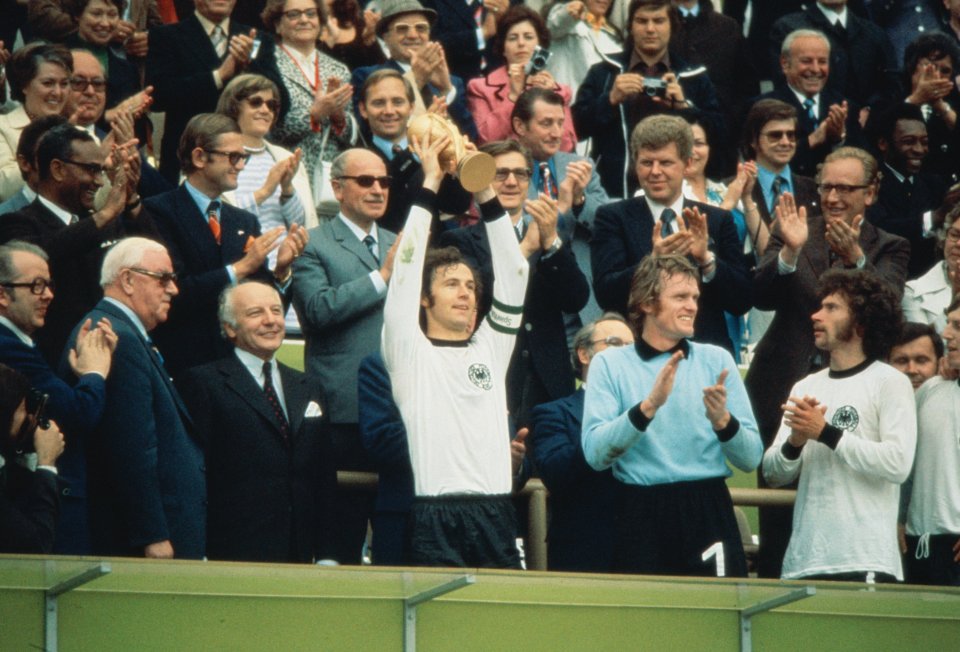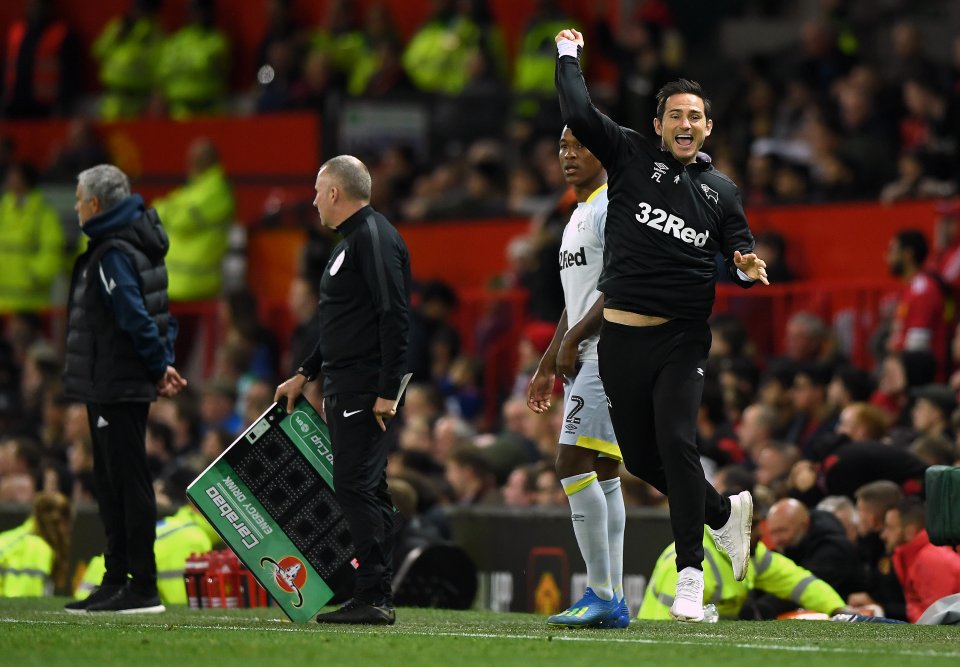Can elite-level footballers like Thierry Henry and Steven Gerrard dominate the managerial landscape again?

When Kevin Keegan signed for Liverpool from Fourth Division side Scunthorpe in May 1971, he reportedly agreed a contract worth £45 per week.
Inflation-adjusted, one of the brightest prospects in English football accepted a salary of little more than £30,000 a year to play for a top-level club, an offer comparable to a mid-ranking human resources administrator in today’s economy.
Consequently, it is no surprise that the elite players of his generation stayed in the sport long after retirement. Following in the footsteps of the likes of Franz Beckenbauer, Liverpool icons Keegan, Graeme Souness and Kenny Dalglish all pursued managerial careers not just out of a love for football but due to the comparatively constrained financial realities of their era.
Read more: How to invest like a Premier League football manager
With Premier League salaries now averaging £50,817 per week, one contract can potentially settle a player’s finances for decades, meaning that whether a world-class footballer stays in the sport after they hang up their boots is a matter of choice rather than necessity.
It is no surprise therefore that an opportunity emerged for aspiring coaches who never played football at the highest level, interrupting a tradition of players transitioning from the pitch to the dugout. Arrigo Sacchi was one of the first to break the mould in the 1980s, winning two European Cups with AC Milan. When questioned on his lack of playing experience, Sacchi famously retorted: “I never realised that in order to become a jockey you have to be a horse first.”

Franz Beckenbauer followed his highly decorated playing career with successful spells as manager of West Germany, Marseille and Bayern Munich (Source: Getty)
Managers without distinguished playing careers such as Gerard Houllier, Jose Mourinho, Rafa Benitez and Jurgen Klopp have since won more than 50 trophies between them and played a huge role in defining both the history of modern football and the expectations clubs have when selecting their coaches.
However, some high-profile managerial appointments in recent months suggest a revival of former traditions. Thierry Henry was on Saturday confirmed as manager of his old club Monaco, who sacked Leonardo Jardim, a manager who never played professionally. The club won the French league just two seasons ago but appear willing to take a chance on Henry, whose only coaching experiences have been working for his badges and a two-year role as Belgium’s assistant manager.
Henry’s appointment is not an isolated story. The Frenchman is one of two Arsenal greats who have taken up management roles this season in Ligue 1. Patrick Vieira is continuing a career as head coach at Nice after a first job at New York City.
Read more: Trevor Steven: Liverpool must keep foot on gas against Blues
Meanwhile other Premier League stars such as Frank Lampard and Steven Gerrard have left the certainty of the punditry world and are beginning a difficult journey in football management, taking charge at Derby and Rangers respectively. Ryan Giggs was appointed Wales boss this year, Phil Neville is now managing the England women’s team, hoping to make more of a success of coaching than his brother Gary did at Valencia, while this week John Terry retired from the playing to pursue a role as Aston Villa’s assistant manager.
The success of Zinedine Zidane, who accomplished three successive Champions League victories with Real Madrid, may have brought the legendary-player-as-manager back into vogue, even if they have minimal coaching experience. To put Zidane’s achievements into perspective, no club had previously won the Champions League even two seasons in a row since its rebranding 26 years ago.

Frank Lampard has started his first role as a manager at Derby and has already enjoyed a significant win over Manchester United in the Carabao Cup (Source: Getty)
Additionally, former European Cup winner Didier Deschamps has just lifted the World Cup with France, meaning the two teams to have won football’s biggest prizes this year have both been managed by former world-class players.
At the same time, football clubs appear to be using greater imagination in their managerial selections, with the typical names associated with Championship sides and mid-ranked nations eschewed for more left-field options, such as Graham Potter at Swansea – or legends of the game.
It is too soon to say how successful they will be, although Gerrard and Lampard have both made encouraging starts. Like Henry, they have chosen these managerial roles after highly lucrative careers on the pitch. Whether their choices will represent a permanent shift in the profile of managers that clubs seek may depend on how successful they are.